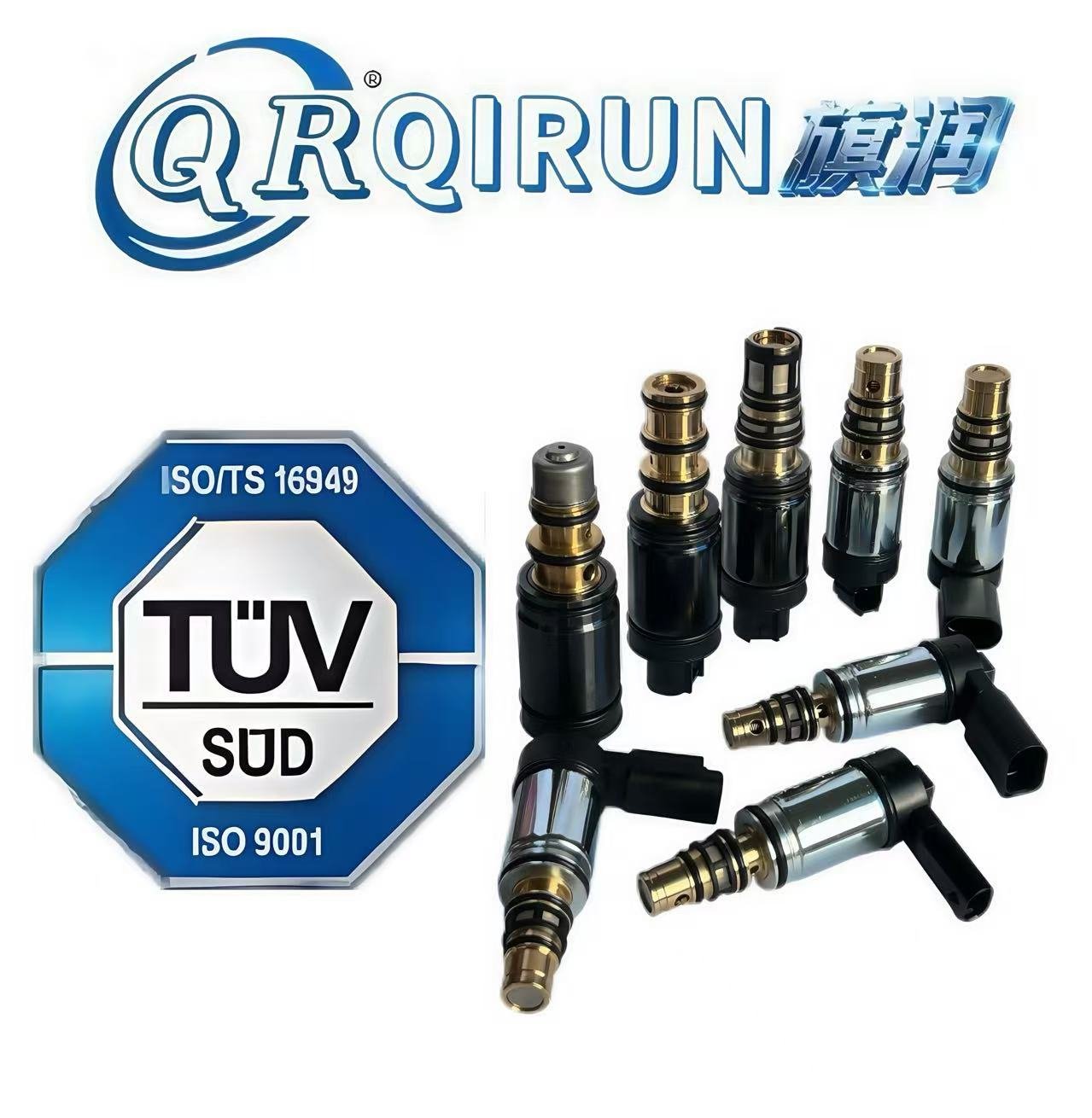Get Free Consultation!
We are ready to answer right now! Sign up for a free consultation.
I consent to the processing of personal data and agree with the user agreement and privacy policy

Understanding the consequences of a malfunctioning TXV and how to address them
The thermal expansion valve (TXV or TEV) is a precision component in air conditioning and refrigeration systems that regulates the flow of refrigerant into the evaporator. It’s designed to maintain proper superheat at the evaporator outlet, ensuring maximum system efficiency.
High pressure, high temperature gas
High pressure, medium temperature liquid
Regulates refrigerant flow
Low pressure, low temperature liquid/gas
When an expansion valve becomes stuck in the closed position, it severely restricts or completely blocks refrigerant flow to the evaporator. This creates a cascade of problems throughout the entire AC system, potentially leading to component failure and costly repairs if not addressed promptly.
Little to no cold air from vents as refrigerant cannot reach the evaporator to absorb heat from the air.
Significantly reduced pressure on the low side of the system due to restricted refrigerant flow.
Elevated pressure on the high side as compressor continues working against a restricted system.
Possible frost buildup near expansion valve or no frost at all on evaporator coils due to refrigerant starvation.
| Parameter | Normal Condition | Valve Stuck Closed | Change |
|---|---|---|---|
| Suction Pressure | 60-70 PSI | 10-20 PSI or lower | Dramatic Decrease |
| Discharge Pressure | 200-250 PSI | 300-400 PSI or higher | Significant Increase |
| Evaporator Temperature | 40°F (4°C) | 65°F+ (18°C+) | Increase |
| Superheat | 8-12°F | 20°F+ | Excessive |
| Subcooling | 10-15°F | Increased | Increase |
Running with low suction pressure causes inadequate cooling and lubrication, leading to overheating and potential seizure.
High head pressure increases compressor workload, causing excessive current draw that can damage electrical components.
Refrigerant starvation impedes oil return to compressor, leading to lubrication failure and mechanical damage.
Compressor overheating can break down oil and create acids that contaminate the entire system.
Use manifold gauges to check for very low suction pressure and high head pressure. Measure superheat (will be excessively high) and check for temperature drop across the valve.
In most cases, the best solution is to replace the faulty expansion valve. Ensure the replacement matches specifications for your system.
Install a new filter-drier to capture any contaminants and prevent future valve problems. Consider flushing the system if contamination is severe.
Recover existing refrigerant, repair/replace valve, evacuate system thoroughly, and recharge with correct amount and type of refrigerant.
Expansion valve issues require professional HVAC technician expertise. Attempting repairs without proper training and equipment can lead to further system damage, personal injury, or voided warranties.
A stuck closed expansion valve creates a refrigerant starvation situation that prevents proper cooling and puts excessive strain on the compressor. The combination of low suction pressure and high head pressure can quickly lead to compressor failure—the most expensive component in an AC system.
If you suspect expansion valve problems, contact a qualified HVAC technician immediately to diagnose and address the issue before it causes further damage.